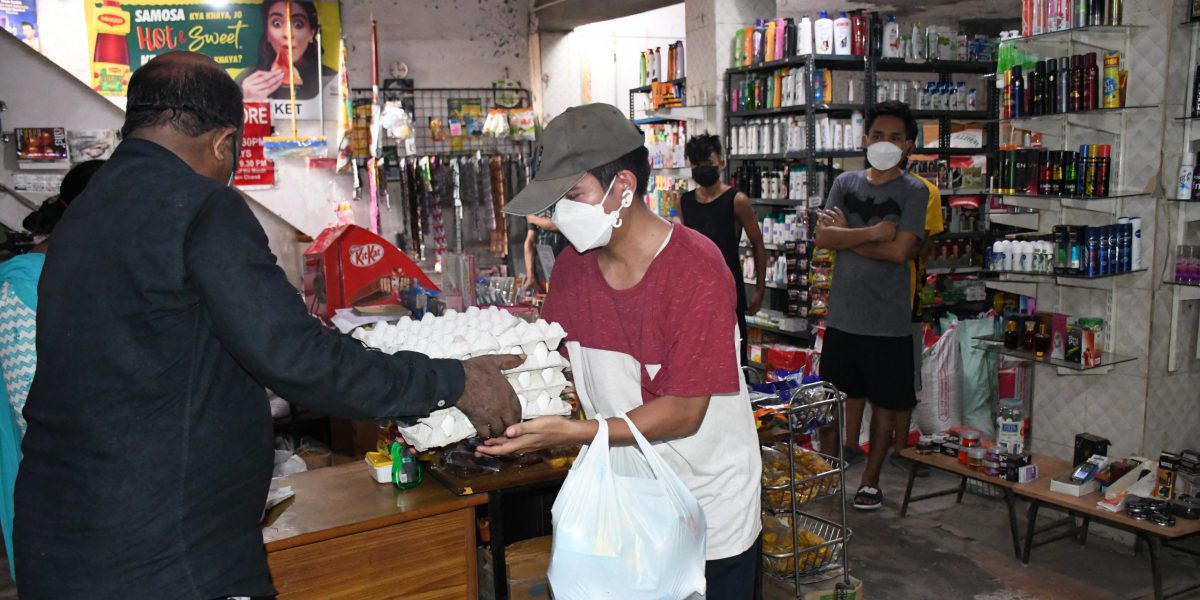Emergency Assistance

JRS reach out to strengthen the resilience of the most deprived refugees through Emergency Assistance programs, which provide them with essential life sustaining materials, financial support, and access to medical treatment.
India
The refugees living in India have meagre or no means of income to support their families. They struggle to get access to livelihood mostly because of the absence of legal statutes or refugee rights, language barrier and psychosocial distresses caused by conflict. Along with the existing conditions, the covid 19 pandemic put most of the refugee communities into much worse situation. Most of them rely on menial jobs in unorganized sector and their earned wages are not sufficient for sustaining a basic living especially for big families. The diminishing number of employment opportunities to the daily wagers has directly impacted the refugees living in Delhi, depleting their already scarce resources.
The COVID-19 effects have greatly affected the living conditions of daily wage earners among the Sri Lankan refugees. Although the lockdown restrictions are relaxed in phased manner, the income generating activities are still struggling to pick up the pace owing to disruption of business due to COVID-19. Hence the refugees are largely dependent on limited provisions disbursed by the government, small local borrowings and relief response aids from civil society organizations. Loss of livelihood, fear of getting infected due to congestion in camps, inadequate basic hygiene facilities, food and financial insecurity are a few beside many other stressors among the refugees.
JRS reached out to the most deprived refugee families to provide them essential life sustaining materials through its emergency response program. JRS identified most distressed urban refugee families who struggle to access job opportunities or single woman-headed families, who have no or exceptionally low income to support their family’s health, education or meet basic home needs, to provide dry ration, medical care and rent support. Regular house visits to refugee settlements enabled JRS to identify most vulnerable refugee families in semi-urban colonies of Delhi and in camps in Tamil Nadu to guarantee its accompaniment.
Bangladesh
The initial phases of displacement are usually the most life threatening. JRS provides assistance to refugees when emergency aid is needed. Most relief operations are initiated with limited notice and have a short implementation period. JRS ensures the survival of refugees in emergency situations by providing shelter, food, water, sanitation, and non-food items. In Bangladesh, JRS in collaboration with Caritas Bangladesh work to ensure the protection of children and women, who are especially at-risk during emergency situations. Through the Multipurpose Children and Adolescent centres’, we ensure emergency response to forcibly displaced Myanmar nationals, psycho-social wellbeing, protection awareness for the adolescents from exploitation, abuse, and discrimination, child protection, health and Covid-19 awareness among expecting and lactating mothers to have improved knowledge and practice on childcare and COVID 19 preparedness and mitigation measures.
